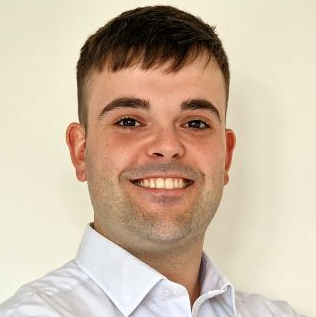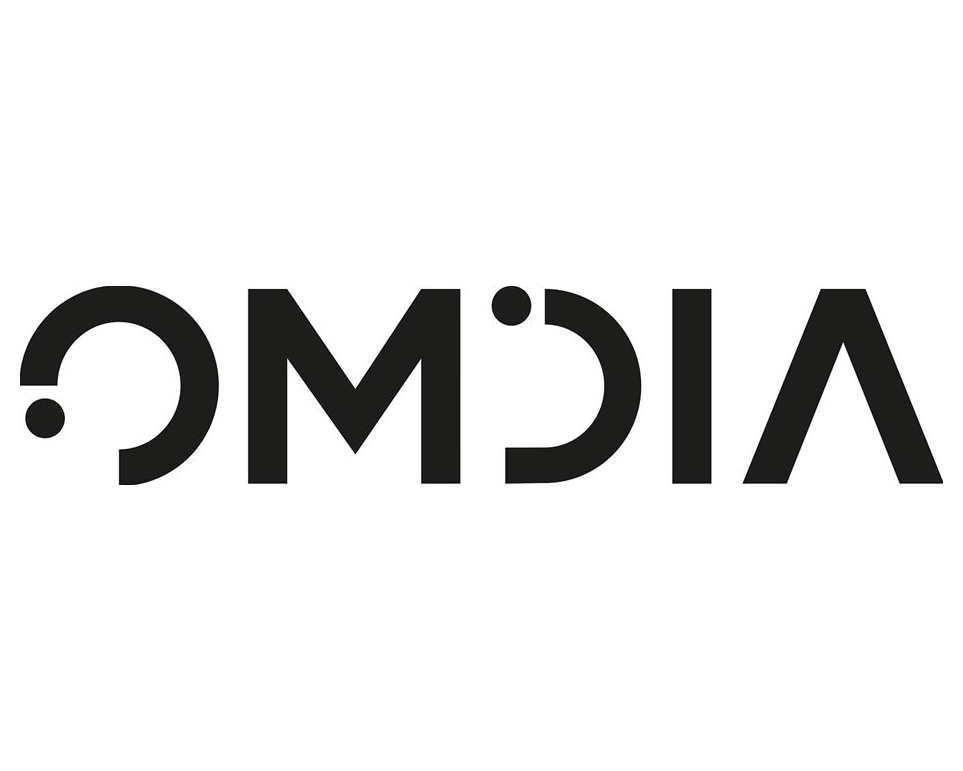Callum Middleton
Principal Analyst
Omdia
Callum graduated with a doctorate from the University of Bristol in 2018, specializing in materials science and the physics of semiconductor devices. Upon graduation, Callum worked in the defense industry and for a research organization developing the next generation of compound semiconductor systems. This work focused on high-performance modules and packages across RF, photonics, and power electronics, with a primary focus on power modules for automotive and energy applications. Callum brings his expertise in compound semiconductors and packaging and his passion for new technology to the power electronics service at Omdia, which he joined in July 2022.
Presentations
Putting the Automotive Industry in Pole Position
Presentation by OMDIA
Awaiting presentation abstract.

